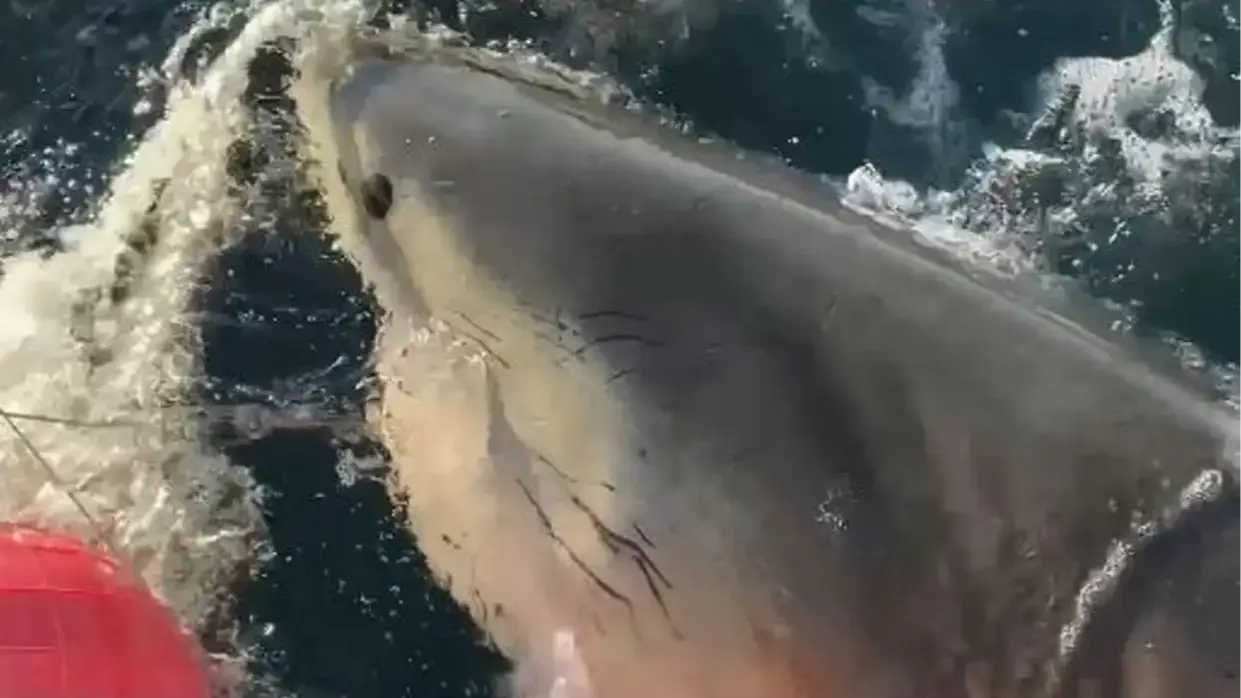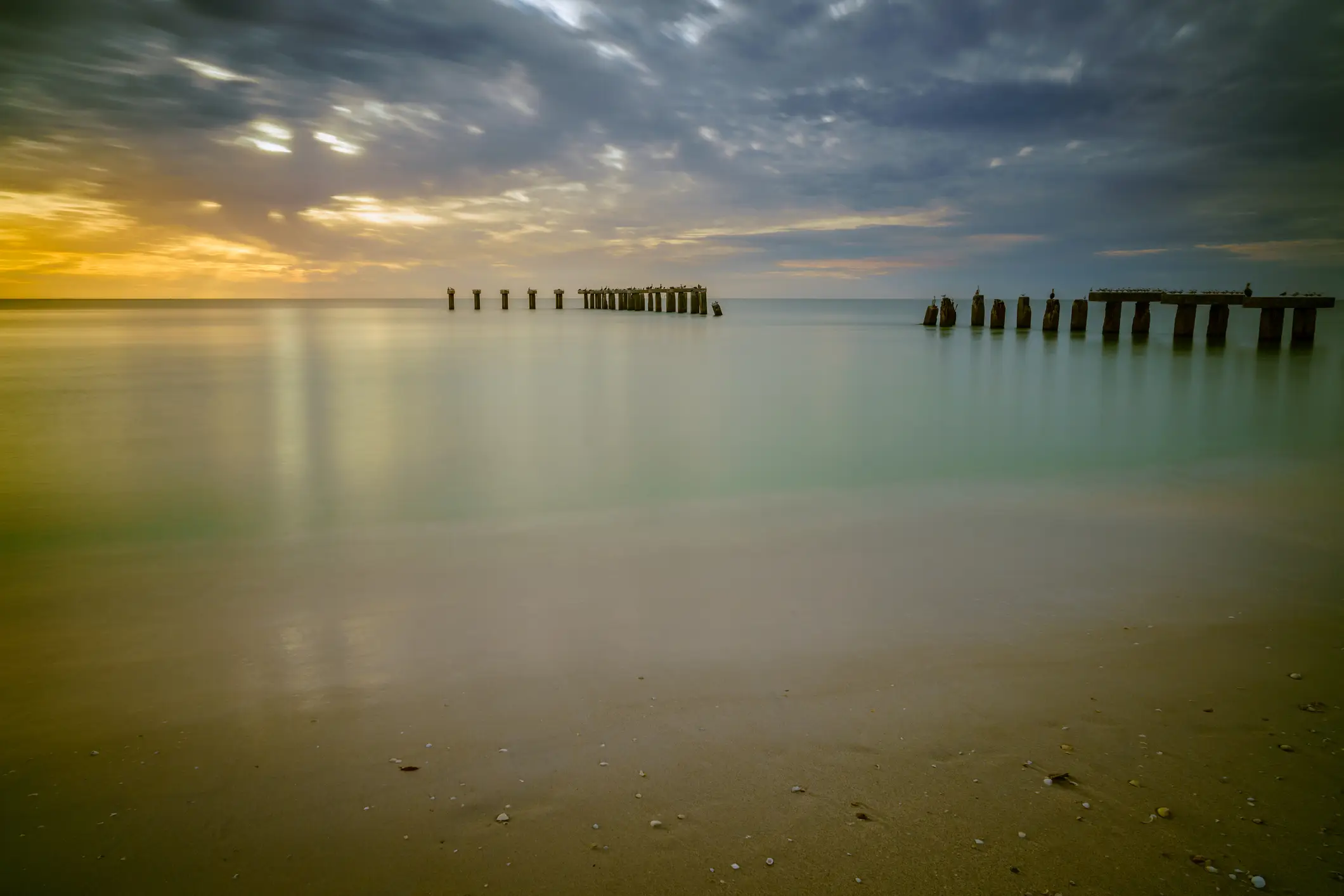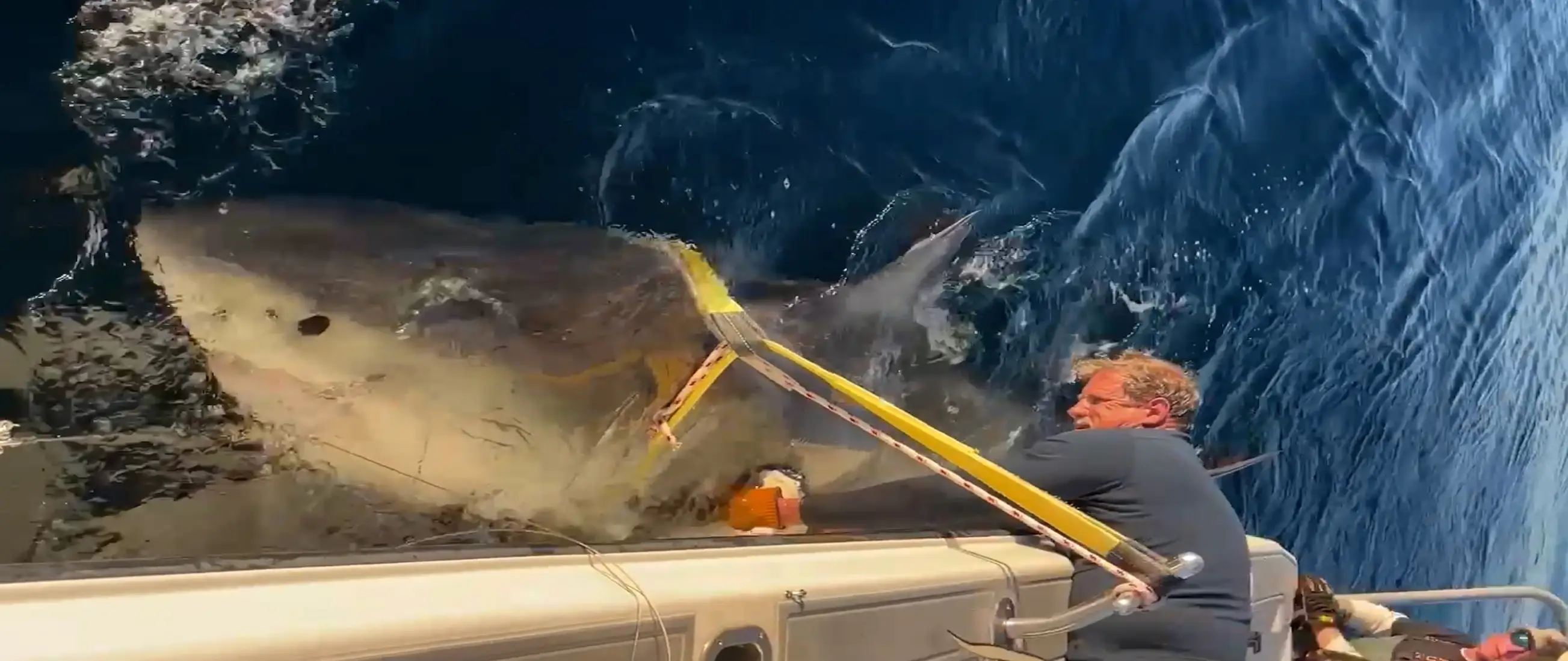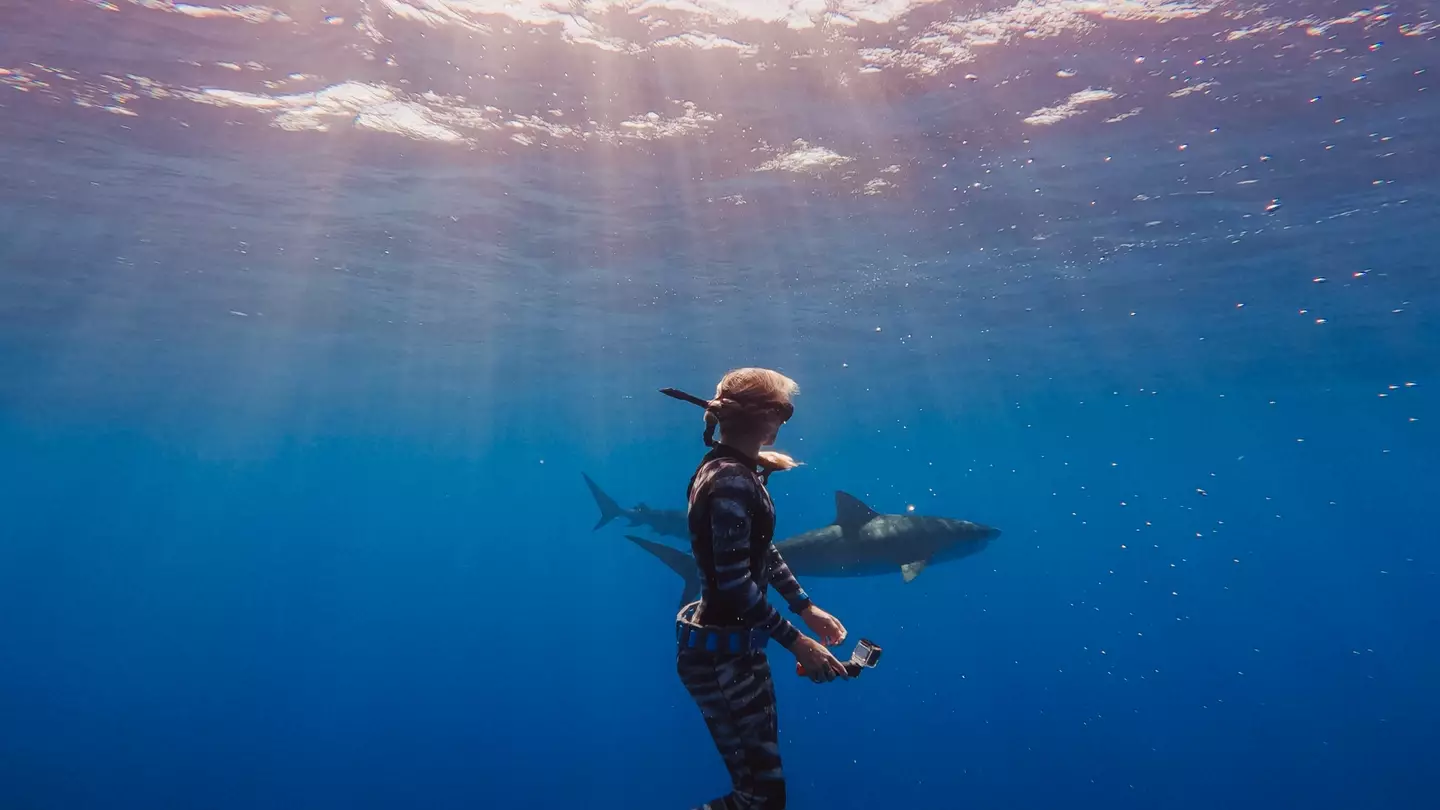
As shark season approaches in the US, aquatic experts have provided some life-saving advice for anyone who might be unfortunate enough to encounter a great white in the ocean.
Just this month, the 'biggest great white shark' ever recorded resurfaced in a tourist hotspot in America - more namely, the Florida/Georgia coastline, while a nine-year-old girl almost lost her hand after she was bitten while snorkelling in the Sunshine State.
The incident happened on June 11 while Leah Lendel was with her family off the coast of Boca Grande, Florida.
"I was just snorkelling, and then I went up to breathe," she told the press. "Then something hard bit me and tried to tug me away. I looked at my hand, and it was covered in blood. I started screaming for my mom."
Advert

Fortunately, she made it to hospital and onto the treatment table in time for doctors to save her hand, meaning she should make a full recovery.
But her encounter with an eight-foot long apex predator wasn't the only one this month, as on June 17 - less than a week later - there was an attack on Hilton Head Island, South Carolina, where a person suffered a non-life-threatening injury to their leg.
Contender - North America's biggest male great white
As for the 'biggest great white shark' ever recorded, his name is Contender - and he is the largest known male great white that has been recorded in North America.
The 14ft, 1,653lbs beast has recently been spotted swimming further up the American coastline to North Carolina, having at one point been just 45 miles away from Jacksonville, Florida.

How to avoid shark attacks
Now, Dr Harley Newton, chief scientist and veterinarian for OCEARCH has provided some life-saving advice, urging swimmers to not wear jewellery or anything shiny while in the ocean.
You should also stay close to the shore and avoid swimming on your own where possible.
“The ocean is a wild place,” Newton explained.
“If you see schools of fish, particularly if they’re jumping out of the water, that might be something that you want to move away from because that’s going to be very attractive for sharks, and it might help you avoid an accident or an incident.”
She has also stressed that if you do see a shark while swimming, you should not turn your back - instead face it and back away slowly.
What should you do if a shark approaches you in the water?
Similar advice was provided to UNILAD by shark conservationist Ocean Ramsey, of Hawaii.

If you watch any of the 'sensationalized, demonizing, fictitious movies' about sharks, as Ocean puts it, then you'll see shark victims do everything you're not supposed to do - splash, swim away quickly, and scream.
Ocean explained that you need to make yourself appear big, much like you should with a territorial dog - face it, make yourself appear large and slowly back away.
"Try and minimize noise and splashing. If you are approached, look at them, face them, slowly back away," Ocean said.
"And then I even go into redirection techniques [in her book], so if the shark kept approaching you'd want to extend an inanimate object - if you've got dive fins, if you've got like a GoPro on a pole, a big camera, or even potentially your surfboard.
"If it's really going at you, which is so rare, and then you know, as it turns you'd slowly start to move back and exit, minimizing the splashing of the noise, definitely not panicking... if at all possible."
Topics: Florida, South Carolina, Shark